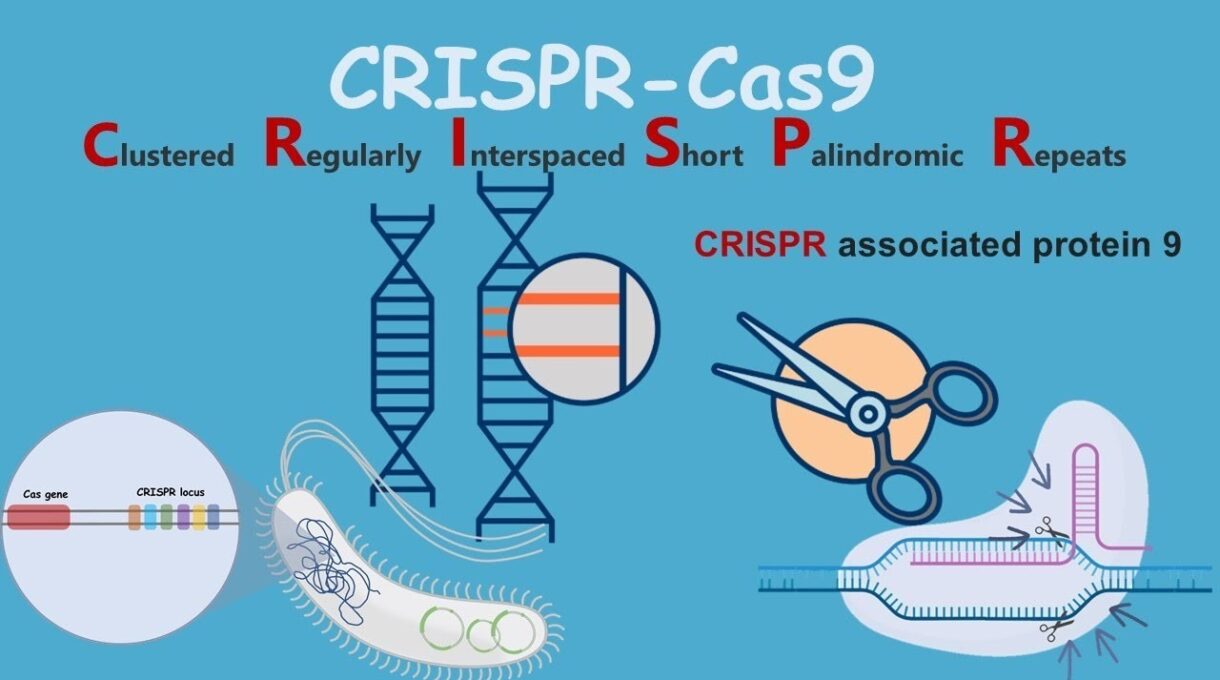Clustered Regularly Interspaced Short Palindromic Repeats, commonly known as CRISPR, is a revolutionary genetic tool used to edit genes. It is a natural defense mechanism that bacteria use to fight off invading viruses. The CRISPR system consists of two key components: the Cas9 protein and a guide RNA.
The guide RNA is designed to match a specific DNA sequence that the Cas9 protein will target. Once the Cas9 protein finds its target DNA sequence, it will cut the DNA, allowing scientists to insert, delete, or modify specific genes.
CRISPR has a wide range of applications, including developing new treatments for genetic disorders, creating genetically modified crops, and studying the function of genes in various organisms. It has been hailed as a breakthrough technology in genetic engineering and has already been used in many research studies and clinical trials.
However, there are also concerns about the ethical implications of using CRISPR, particularly in gene editing for non-medical purposes. The long-term effects of gene editing are still not fully understood, and there is a risk of unintended consequences and potential for abuse. As such, the use of CRISPR is heavily regulated and subject to ethical guidelines.
CRISPR-CAS9 Gene Editing Tool
CRISPR-CAS9 is a powerful gene editing tool that allows scientists to precisely and efficiently manipulate the genetic material of living organisms. The tool is based on a natural mechanism that bacteria use to defend themselves against viruses. CRISPR stands for “Clustered Regularly Interspaced Short Palindromic Repeats,” while CAS9 is a protein that acts like a pair of molecular scissors, cutting DNA at specific locations.
Using CRISPR-CAS9, scientists can target specific genes in the DNA sequence of an organism and either delete, replace, or insert new genetic material. This has enormous potential for a wide range of applications, including developing new treatments for genetic diseases, enhancing crops and livestock, and even editing the DNA of human embryos.
However, the use of CRISPR-CAS9 raises ethical and safety concerns, especially when it comes to altering the DNA of human embryos. It is still a relatively new technology, and there is much to learn about its long-term effects and potential unintended consequences. As a result, it is subject to strict regulation in many countries, and its use is still largely experimental.
